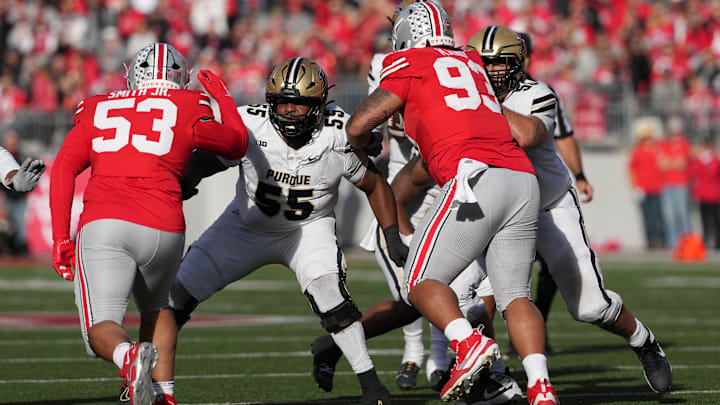It is completely puzzling how DJ Wingfield is still not allowed to suit up or even practice with the USC team. Shortly after the court ruling that issued a verdict stating that the NCAA's five-year limit does not impose any issues regarding antitrust, another development unfolded.
West Virginia players saw their eligibility maintained, with the judge in that case finding that the five-year rule was indeed a violation against the student-athletes.
This understandably brought out a strong reaction from coach Lincoln Riley. The Trojan HC, as shared by the LA Times' Ryan Kartje, mentioned how ludicrous of a situation it is that " eligibility depends on what state you’re in and what judge you get."
Anymore, that is truthfully what it comes down to in such instances. Depending on the court proceedings and the judgement of the one on the bench, it can ultimately lead to two entirely different outcomes for the same or near-identical scenarios.
This is not how the sport should be governed. Look at the case of Wingfield. After seeing so many in similar situations before him being granted an extra year, he made the decision to move to Los Angeles, believing that he would have been subject to the same treatment as others. The fact that the NCAA has forced his hand to the point where lawyers needed to get involved is beyond shameful.
Unfortunate circumstances for USC lineman
It is unknown what he could have done if there was a more straightforward process and if the same rules simply applied to everyone. The fact that it is a guess whether someone will be able to play or not prevented him from potentially getting ready for the draft and being in a position to potentially fight for an NFL roster spot.
While USC may be looking to move on, the Trojans should cause more of an uproar and attempt to put pressure on the NCAA to walk back on its outrageous decision. There is precedent for the institution reversing gears, claiming that 'new information' has been revealed.
